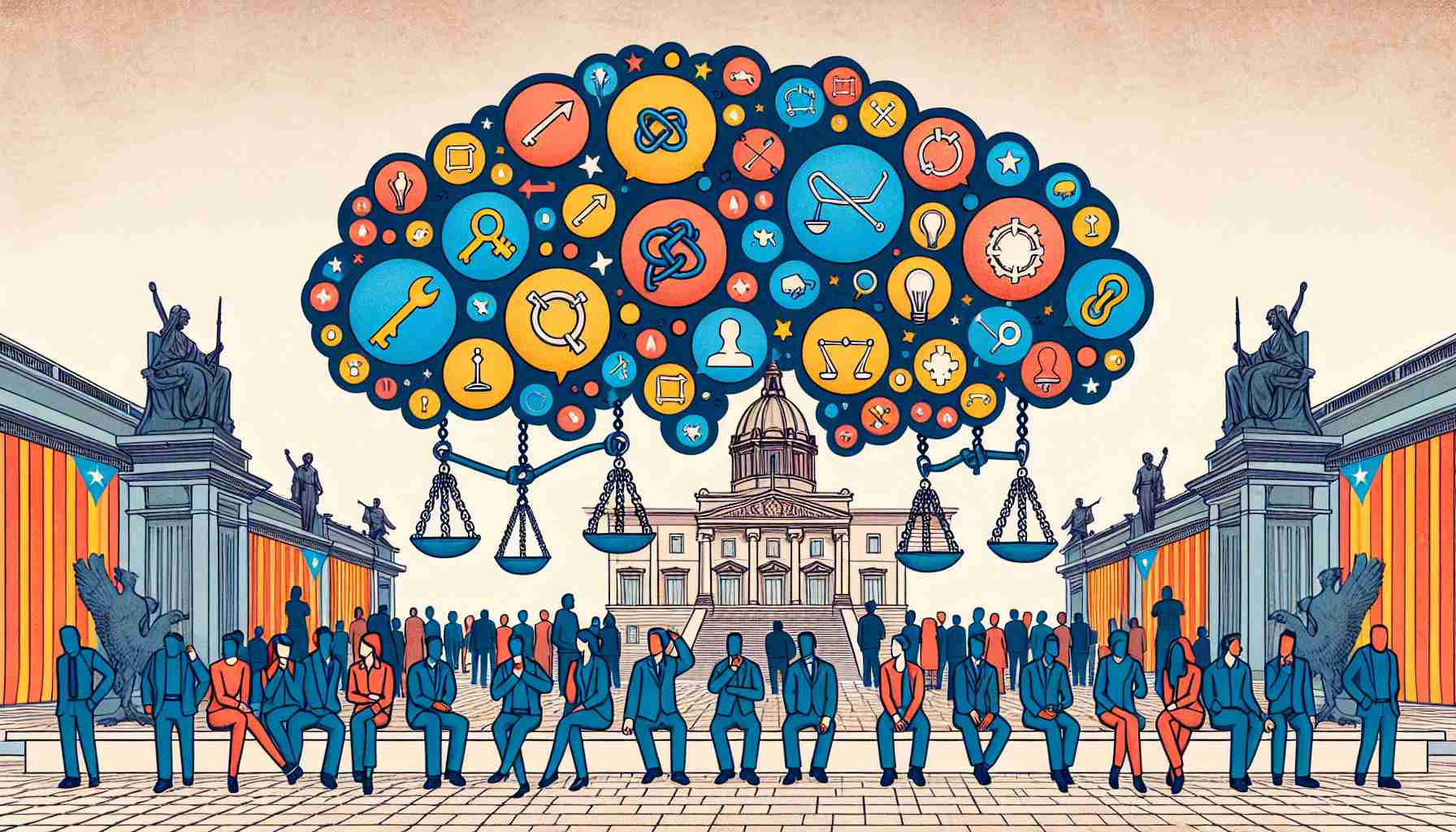
Is the situation in Catalonia really as complicated as it seems? Friends often inquire about it, expecting insight that I simply don’t have.
While visiting Madrid, I find myself bombarded with questions about the Catalonian situation. It’s amusing to think my friends believe I hold any crucial information regarding the political climate, especially considering my limited social engagements back home. At best, I could share anecdotes from my neighborhood, which hardly represents a broader perspective.
The reality is that many are curious about the ongoing developments in Catalonia, and they turn to friends for deeper understanding. The constant flow of media coverage shapes perceptions, but on the ground, the situation can feel very different. The complexities of regional politics are often lost in casual conversations, creating a disconnect between lived experiences and reported news.
In truth, anyone trying to gauge the situation should look beyond the surface. Engaging with locals, exploring different viewpoints, and understanding historical contexts are essential. The discourse surrounding Catalonia can be nuanced, and assumptions may mislead those lacking firsthand experience.
People might think they are informed through discussions with friends or articles they read, but true comprehension requires more substantial engagement with the region. It’s crucial to seek diverse perspectives in order to truly understand what is happening in Catalonia today.
Understanding Catalonia: Key Insights Into Its Political Landscape
Introduction
Catalonia, a region in northeastern Spain, has been at the center of significant political discourse and tension, particularly surrounding its desire for independence. This article delves into the complexities of the Catalonian situation, offering fresh perspectives and relevant information that can enrich one’s understanding of the current state of affairs.
Current Political Context
The Push for Independence
Catalonia’s quest for independence has historical roots, intensified by a desire for greater autonomy. The region’s government, known as the Generalitat, has made several moves in recent years to assert its independence, including hosting a controversial referendum in 2017 that the Spanish government deemed illegal. While initial attempts to break away were met with strong opposition from Madrid, the dialogue continues, with varying degrees of support among the Catalan population.
Government Stance
The Spanish government has taken a firm approach to Catalonia’s independence movement, framing it as a challenge to the nation’s constitution. Attempts to negotiate have been strained, contributing to a complicated relationship between regional and national authorities.
Engagement and Perspective
Importance of Local Voices
To understand Catalonia’s situation, engaging with local residents is essential. Many Catalans have diverse opinions on independence, influenced by personal history, culture, and economics. Conversations with citizens can provide nuanced insights that are often lost in broader media narratives.
Events and Movements
Various social movements, including pro-independence protests and anti-independence demonstrations, illustrate the region’s dynamic sentiment. These events draw attention to critical issues such as cultural identity, language, and economic factors. Participation in or observation of such events can enrich one’s understanding of the conflicting emotions surrounding the topic.
How to Engage With the Catalonian Situation
Tips for Deeper Understanding
1. Attend Local Events: Engage with Catalonian culture by attending festivals, political assemblies, or community gatherings.
2. Read Diverse Media: Explore news coverage from various sources, including both Catalan and Spanish perspectives, to get a well-rounded view.
3. Talk to Locals: Direct conversations with residents will yield personal stories and perspectives that media coverage often overlooks.
Pros and Cons of Catalonia’s Independence Movement
Pros
– Cultural Identity: Many Catalans feel that independence would better preserve their unique cultural identity and language.
– Economic Autonomy: Proponents argue that independence could lead to better economic management and investment tailored to Catalonia’s needs.
Cons
– Economic Uncertainty: Critics warn that independence could lead to economic instability, impacting trade and investment.
– Isolation: There are concerns about Catalonia’s potential exclusion from the European Union and its consequences on travel, trade, and legal matters.
Conclusion
Understanding the situation in Catalonia requires a multifaceted approach that goes beyond surface-level perceptions. Engaging with the local populace, staying updated on political developments, and reflecting on the historical context will encourage a more informed perspective on this complex and evolving situation.
For more insights about Spain’s regions and their political contexts, visit Spain.info.






